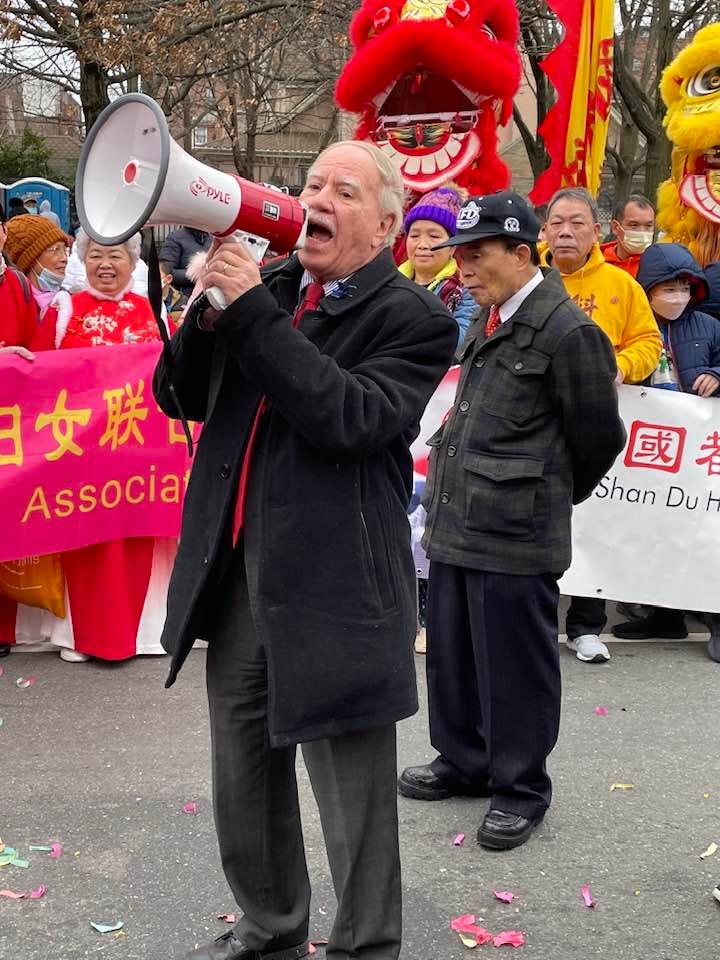The Last Political Machine in New York City?
What an out-of-the-way race in an Asian enclave tells us
On Tuesday night, a woman named Susan Zhuang won a Democratic primary for City Council in Brooklyn. There was nothing particularly remarkable about the outcome. Zhuang took more than 50 percent of the first-place votes, outpacing two other candidates. In New York’s ranked-choice system, where voters in municipal races can choose up to five candidates in order of preference, securing more than 50 percent is an automatic victory. The Board of Elections will tabulate the total vote anyway, but Zhuang is headed to the general election.
The primary had been for a district that didn’t exist at all until this year. In the City Council’s decennial redistricting process, a new seat, the 43rd, was carved out in Brooklyn to be Asian-majority. It’s a poorly-kept secret that, even now, the most under-represented racial group in New York politics is Asian Americans. Unlike California, Asian Democrats (and Republicans) have struggled to win local office here. Some of this has been the fault of map-makers, who carved up districts that split up Asian votes. Some of it was the pace of political maturation for Chinese and Korean voters in New York, many of whom are the children of immigrants or immigrants themselves. In the 2020s, with their population booming, they are slowly beginning to compete with Latino, Black, and white voters in terms of representation.
The next representative of the 43rd, which covers heavily Chinese Bensonhurst, as well as parts of Sunset Park and Gravesend, will probably be Asian American: Ying Tan narrowly led a white challenger, Vito LaBella, in the Republican primary. LaBella ran in an Asian majority State Senate district last year and almost defeated an Asian Democrat, winning a sizable number of Asian voters who chose ideology—they were furious at Democrats over various public safety and education issues—over identity. This fall, it’s plausible Tan and Zhuang will face off, and another Asian American will join the 51-member City Council. If LaBella wins, he’ll be an underdog against Zhuang.
What is sobering for Democrats, particularly liberals, is that neither nominee will be very different when it comes to the politics of the day. In fact, liberals in Brooklyn hoped Zhuang’s apparent admittance, on the campaign trail, that she’d just as likely identify as a Republican damage her campaign. It did not: Zhuang throttled Wai Yee Chan, who worked as a community engagement director for Justin Brannan, the Bay Ridge city councilman.
Why am I going on about this? Well, the outcome is worth paying attention to, because it’s another victory for the political club of one of the more unfashionable and strange elected officials in New York. He has no online presence beyond a typo-ridden Facebook page and his name, if discussed in the company of even seasoned politicos, is likely to draw blank stares. The media doesn’t care about him. He has no star power. He is either going to retire from the State Assembly or die there.
His name is Bill Colton, and Zhuang served as his chief of staff. The 77-year-old may run the last political machine in New York.



